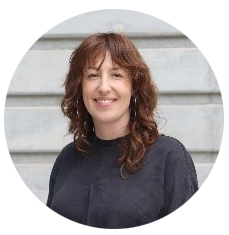Hello my friend in desktop mode.
Hello my friend in desktop mode.
Hello again my friend in desktop mode.
Hello again friend in mobile mode.
Centre for Social Impact
We share a vision for a better world where people have the opportunity to achieve their goals free of discrimination and social inequality, where complex social problems are addressed, communities are diverse and thriving, and where organisations across sectors work together to grow positive social impact.
Flinders University is the Centre for Social Impact (CSI)'s fourth university partner, joining UNSW, The University of Western Australia and Swinburne University of Technology in its national network.
Established in 2008, CSI is a national education and research collaboration which catalyses positive social change through transformational research and education that is rigorous and purpose-driven, and by working with people, communities and organisations across Australia to grow their capabilities.

The CSI Flinders team.
The way we work
We work with partners and communities which share our vision, bringing learned experience, lived experience and practice wisdom together in pursuit of an inclusive future.
CSI Flinders is part of the College of Business, Government and Law (CBGL) at Flinders University. Our activities are integral to achieving the College mission: to embrace innovative knowledge and practice to tackle the challenges of our time, with a strategic focus on technology, health and social impact.
Our shared vision with the national CSI network and CBGL positions us as part of a significant community of practice which is invested in our purpose of catalysing positive social change through research, education and leadership development.
Our broader community of practice includes our longstanding partner organisations in the government and non-government sectors, along with the people and communities which they serve. We work with vulnerable people, marginalised communities and the organisations which serve them to make sure that people who are experts in their own lives and the life of communities are heard.
Make a positive impact on the world
Go beyond 'business as usual'. Upskill with postgraduate studies in social impact, delivered by the CSI Flinders team.
A snapshot of our recent work
We build partnerships aimed at service and policy improvement and systems change. Much of our recent work has focussed on human service systems reform, including Collective Impact initiatives, alliancing, and orientating systems towards evidence and outcomes for people and communities.
With the Department of Treasury and Finance (SA) we designed and are undertaking the evaluation of the Aspire Social Impact Bond, a pioneering social policy reform in South Australia. It is expected that about 600 adults who are experiencing homelessness will be referred to the Aspire Program over a four year period and offered support for up to three years.
We have a longstanding history of working with the South Australian Housing Authority (SAHA) and the housing and homelessness sector. This work includes our involvement in redesigning the South Australian homelessness service sector as a reformed outcomes-focussed alliance system. We also have a long association since inception with a large Collective Impact initiative to end homelessness (the Adelaide Zero Project). Currently, Associate Professor Selina Tually is embedded on a part time basis within SAHA to co-design the strategic outcomes framework for the specialist homelessness sector with SAHA and non-government and client stakeholders.
Our team co-designed the Department of Human Services' Social Impact Framework with multiple government and non-government stakeholders. The purpose of the work was to enable the orientation of the SA Human Services budget towards procuring outcomes rather than services. Elements of the work are ongoing – we worked on the large-scale piloting of the framework through the design of the Community Connections program guidelines, and we continue to lead the projects to design and undertake the Community Connections evaluation and to review sector support and advocacy.
Through rigorous research we informed and guided a reform process to systematise the food relief sector through co-developing of a Charter with stakeholders including the Department of Human Services, Wellbeing SA, Anglicare SA, Foodbank SA and The Food Centre. We have co-designed a pilot social enterprise food relief program as a subsequent component of this work, as well as designing the monitoring and evaluation framework and undertaken the evaluation for the service. Our ongoing work in food relief reform, research and evaluation is funded by a prestigious Australian Research Council Linkage grant and numerous government and non-government partners.
With the SA Lived Experience Leadership & Advocacy Network (LELAN) we are co-designing the monitoring and evaluation framework for LELAN’s work to advance lived experience leadership and governance. This co-design exercise also involves deep engagement with lived experience stakeholder groups.
Drawing on our work on Aboriginal mobility which established the foundation for the Puti on Kaurna Yerta (PKY) project to accommodate remote Indigenous visitors to Adelaide in a culturally and physically safe way, we are working with the Department of Human Service to design the PKY monitoring and evaluation framework and undertake the subsequent evaluation.
Meet our team
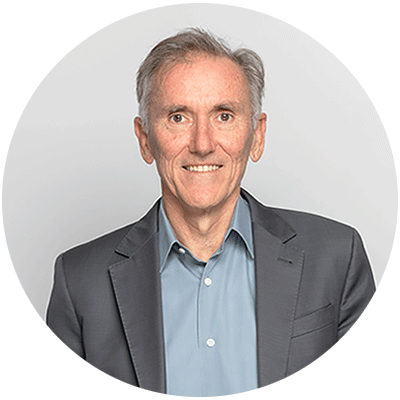
Professor Michael Gilding
Board Member
Michael is Vice President and Executive Dean of the College of Business, Government and Law at Flinders University. He is also an economic sociologist and former President of The Australian Sociological Association, whose research program includes ‘cycles of advantage’. His current areas of research include the formation of new markets, inheritance and family business succession, and dynastic institutions, including family offices and foundations.

Professor Ian Goodwin-Smith
Director
A Matthew Flinders Professor of Social Impact, Ian is a researcher in the fields of social policy and social service. He has extensive experience in research and evaluation relating to social service improvement, systems reform and social policy. Ian is a research leader experienced in managing research centres and concentrations in collaboration and partnership with industry and community stakeholders. He has a history of working collaboratively with government and non-government organisations, communities and people who have been marginalised, and a long track record of research partnerships.
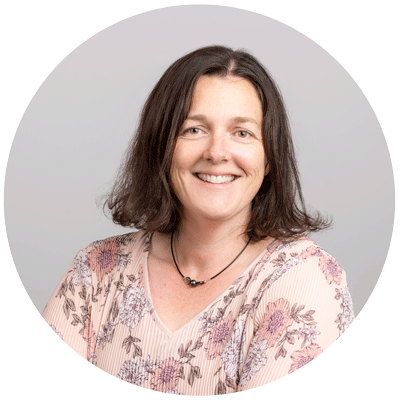
Associate Professor Selina Tually
Deputy Director
Selina is a geographer, social researcher and evaluator. She has been the embedded researcher with the Adelaide Zero Project to end rough sleeping homelessness in inner Adelaide since its inception in 2016. Selina has a substantial track record of work for the Australian Housing and Urban Research Institute linked around the themes of equity, inclusion and connectedness, and is a participant in the Constellation Project’s Better Journey’s project, which is co-designing solutions with predominately Aboriginal young people leaving the custody of youth justice or home care.
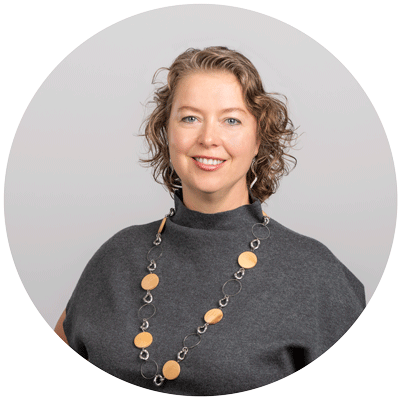
Professor Svetlana Bogomolova, Deputy Director
Through the process of co-creation and co-design, Svetlana brings the voice of the consumer to the design of preventative health initiatives, many targeting young people. Her work focusses on healthy food choices, increasing physical activity, improving the quality of health services, and preventing illicit drug use. She currently leads a national research program 'Towards zero hunger: improving food relief services in Australia', a strategic partnership between service providers, policy makers, researchers and consumers aimed at lifting the quality of service in food relief.

Sahar Faghidno
PhD student
Sahar is undertaking her PhD research in food insecurity. Her PhD topic contributes to a recently funded Australian Research Council (ARC) Linkage Project titled 'Towards 'zero hunger': improving food relief services in Australia'. She has also been working on various projects with not-for-profit organisations and government sector. Sahar is experienced in evaluation research, preparing proposals for clients, designing questionnaires, data collection, coding, analysis, authoring written reports, and the delivery of results via phone, virtually, or in-person presentations.

Dr Tahna Pettman
Senior Research Fellow
Tahna believes that problems and possibilities in health, the environment, and society must be addressed through collaborative action between these sectors. She is applying her knowledge brokering experience to an ARC-funded Linkage research project with the South Australian food assistance sector. The project aims to translate principles into good practice and collective impact. Tahna also provides research consultancy services for organisations, engaging people to ensure that research investments are useful, relevant and have impact.

Diana Eyers-White
Research Assistant
Diana is currently involved in the ARC Linkage Project, 'Towards 'zero hunger': improving food relief services in Australia'. She is currently completing her Master’s by Research in the area of food insecurity, which stems from work on the linkage project and her volunteer work in food relief. Prior to joining CSI, Diana worked in a diverse range of positions across the private and not-for-profit sectors. She has over 30 years’ experience in marketing, brand management, education and communication.
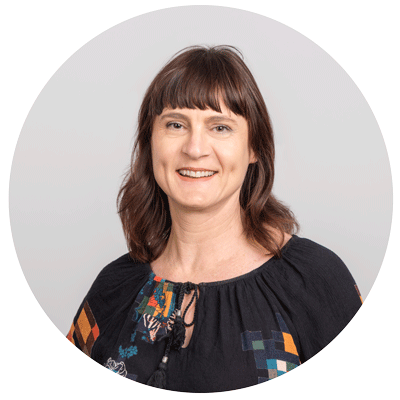
Dr Catherine Mackenzie
Senior Research Fellow
Catherine has a background in public health, health promotion, political science and community services research. She has an overarching research interest in finding practical, participant-informed solutions to social and health problems. She has a commitment to bringing the voices of marginalised people to the political table, which has fed directly into her development of ethical and emancipatory methods. Catherine's current research encompasses the government and non-government social and community services sectors, with a focus on the experiences of people living and working in regional, rural and remote Australia.
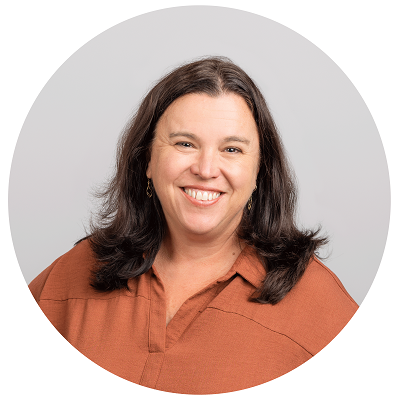
Carolyn Dent
Research Associate
Carolyn is a Research Associate at the Centre for Social Impact Flinders and a lecturer in Nutrition courses at Flinders University. With expertise in public health, nutrition, health promotion and nutrition counselling and education, Carolyn is passionate about Sustainable Food Systems, in particular, creating healthy food environments to support people’s health and wellbeing. Carolyn’s current work and area of interest is focusing on the food environment in both the University and in food assistance services.
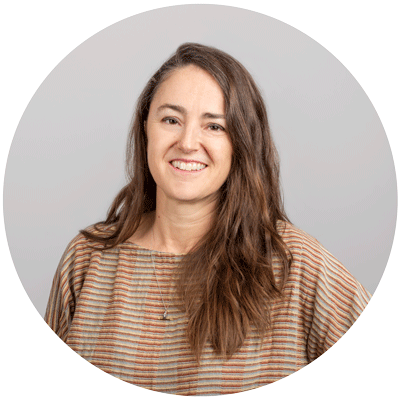
Kelly McKinley
Research Assistant
With a background in qualitative, interdisciplinary research, Kelly's experience prior to joining CSI includes active research and support on a range of projects in the fields of housing and homelessness policy and practice. She is currently in her final year of postgraduate research at the University of Adelaide where she is completing a PhD thesis examining the history of critical responses to GM food and crops in Australia.

Jung Yoon
PhD student and Research Assistant
Jung supports cross-cultural research projects between Australia and South Korea by building project concepts and connecting to project relevant bodies in South Korea. Currently, she is working on research projects around disability employment and free school lunch programs in Australia and South Korea. Jung has focused on building accessible, inclusive and innovative working environments to enable socio-economic inclusion for people with cognitive disability, such as Autism Spectrum Disorder (ASD) and intellectual and mental disabilities. Jung’s research interests include disability employment, social enterprise management, inclusive corporate culture, and social and disability-related policies under the jurisdiction of other countries.

PJ Tan
PhD student
PJ a CSI Flinders PhD candidate and is currently working for an SA owned and run community retailer as a research analyst. Leveraging her strong quantitative skills, she mines big data describing food purchasing behaviour.
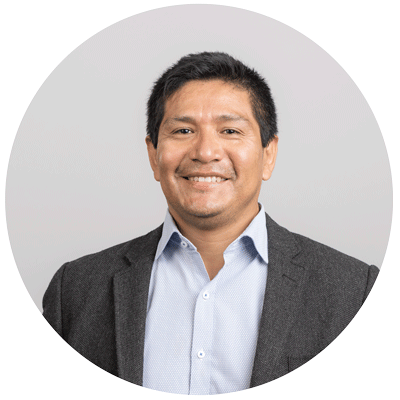
Pablo Rengifo
PhD student
Pablo is a Higher Degree by Research student at Flinders University, supervised by CSI Director, Professor Ian Goodwin-Smith. Pablo's research focuses on servant leadership at not-for-profit organisations. He is senior manager at a large not-for-profit organisation leading innovation, quality improvement, risk management and client-centred services among the most disadvantaged in South Australia, where he has been working full time for the last 8 years. Prior to that, Pablo worked for 15 years in the market research industry across Australia and South America.

Peter McDonald
Project Lead
Peter leads CSI Flinders Data for Good project which examines the rise of complex data sets and the inherent biases which keep people trapped in isolation or poverty. Peter is an industry partner whose research remains embedded with social service provider Uniting Communities.
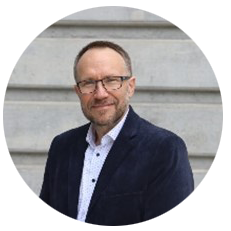
Dr David Cannon
Centre Manager
David is Centre Manager at the Centre for Social Impact (CSI) Flinders. As an administrator and academic with a heavy focus on internationalisation and international political economy, he has nearly 20 years’ experience engaging across research, partnership development and collaboration and student support.
Prior to joining Flinders University, he was a core member of the leadership group of the Pro Vice-Chancellor (International) (PVC(I)) at the University of Adelaide, where he drove and supported strategic research objectives focused on education, defence, climate and environment and food security and agriculture, with government and tertiary education partners across the Middle East and North Africa, Asia, Europe and North America. He previously held senior administration roles focused on Quality Assurance and Enhancement and Higher Degree by Research students. Before moving to administrative roles, he spent almost a decade teaching into International Relations and politics, and researched in the areas of conflict studies (the political economy of violence) and international political economy
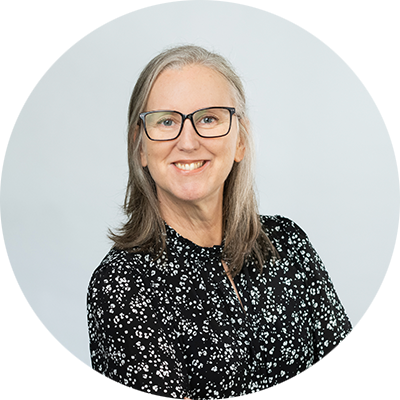
Sandra Robinson
Senior Lecturer in Social Impact
Sandra is a a Senior Lecturer in Social Impact. Sandra has 30 years’ experience in community development, community program design, delivery and evaluation, community engagement, system reform and cross-sector collaboration in education, Local Government, the Not-For-Profit sector, and State Government. As the Senior Lecturer and Course Coordinator of the new Graduate Certificate in Social Impact at Flinders University, Sandra integrates her practical experience of creating innovative social impact solutions in real-world scenarios to enrich the immense research, policy, and practice expertise of the Centre for Social Impact Flinders team.
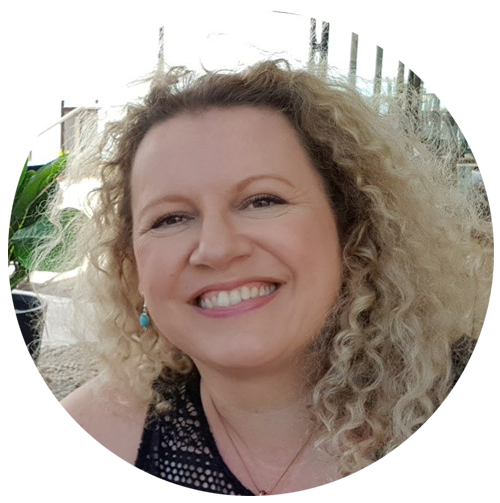
Claire is a Senior Research Fellow in the College of Nursing and Health Sciences, a full academic member of the Caring Futures Institute and an Associate Member of the Centre for Social Impact. She is a mixed methods social scientist with research interests in social return on investment analysis of health and social care interventions, employment pathways for people with disabilities, and the lived experiences and quality of life of social care recipients.
Claire has been a named Chief Investigator on over $3.1 million of competitive grant funding and has a strong track record of managing and delivering collaborative end-user focused research. In her pre-academic life, Claire was an organisational psychologist and project manager working in organisational and workforce development.
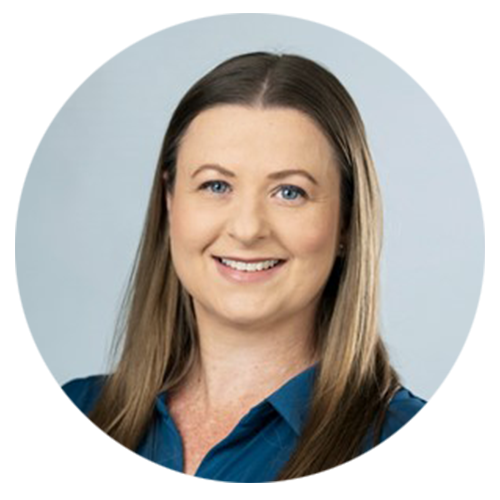
Bryony Jardine
Research Assistant and PhD candidate
Bryony is a Research Assistant and PhD candidate. Her research is focused on co-design and knowledge translation in community settings. She is an experienced researcher and educator, skilled in understanding consumer attitudes and behaviour. Her experiences include research in food production, distribution and retailing. Bryony’s work spans children’s health, community outreach programs, and quality of life in community settings.
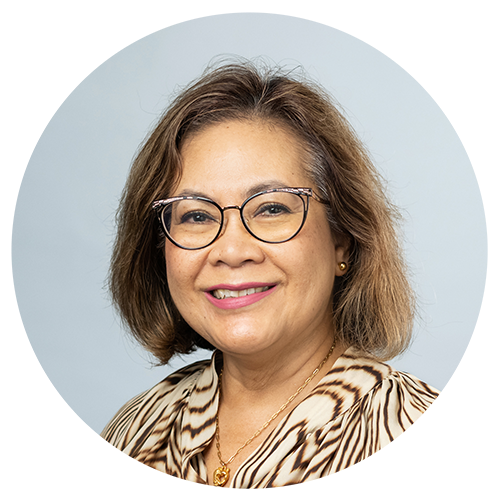
Dr Zurina Simm
Research Fellow
Zurina is a Research Fellow whose work centres on the manifestation of wealth inequality, specifically major philanthropy and its social impact, and the dynamics of ultra-high net worth families. Her research is informed by how philanthropy addresses social justice and sustainability issues within communities in Australia and internationally.
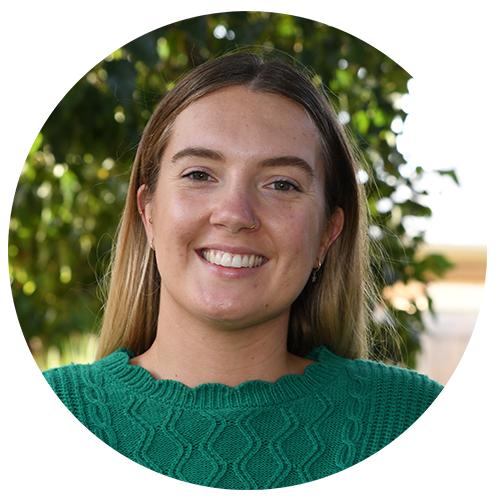
Michelle Strudwick
Project Officer
Michelle is a Project Officer at the Centre for Social Impact. She is currently involved in an ILC grant funded project with a focus on building employer confidence and inclusion in the hospitality and fashion retail sectors. Leveraging her background in Speech Pathology and industry experience in the disability sector, she is currently working alongside community researchers to co-design elements of the ILC Project.
John Cooper
Heather Prider
Meet our affiliates

Lucy is a Lecturer in Health Care Management and Marketing at Flinders University. Her research focuses on translating the latest evidence in perinatal and paediatric research into policy and practice to help children have a good start in life. She is experienced in using co-design techniques with women and health care providers to improve the health care system for families. Her projects to reduce inequity in childhood include co-design with women to develop a population-based screening program to reduce the chance of premature birth, improving the nutritional quality of commercial food products for young children, and developing and evaluating a methamphetamine-prevention public health campaign for adolescents. Lucy’s work has been translated into clinical practice guidelines and implemented into clinical care, providing significant impact for local and national communities.
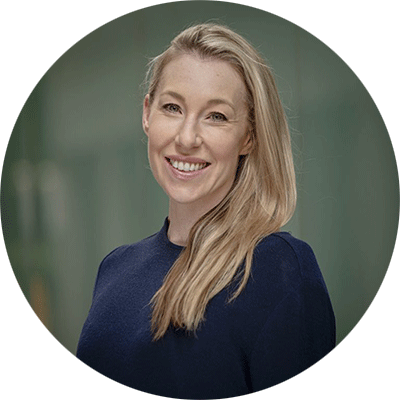
Simone is a former criminal defence solicitor and an expert in juvenile offending, impacts of custodial/care settings and life-course cumulative disadvantage. As the previous Principal Advocate for all South Australian children and young people detained in training centres, Simone’s work prioritises the development of a youth engagement approach in relation to addressing the range of disconnections – from kin, culture, community, and country – that propel justice involved youth towards the adult corrections system. Her research, infused with a working knowledge of the law, explores the attitudes of children and young people towards crime, incarceration, family, work, education, and intervention programs to explore the complex personal and situational factors that promote or derail the desistance process. Her research has also culminated in ongoing film projects with incarcerated young people as a tool for broad reaching social change and justice reform; these documentaries tackle issues of entrenched disadvantage, juvenile brain development, mandatory sentencing as well as issues around reintegration and parole.
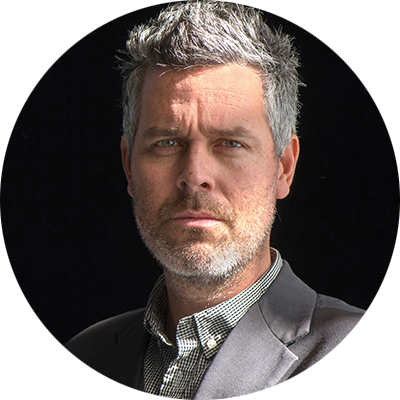
Mark is Professor of Criminology and Criminology Research Lead in the College of Business, Government and Law. He has extensive experience in recording and contextualising the experiences of vulnerable groups with the view to creating better lives and safer communities. This work has included overseeing Australia's longest and most in-depth study of repeat incarceration and desistance from crime among a group of young men aged 15 to 29 years, the co-design of a desistance framework for public and private prisons, and the conduct of yarning circles for understanding service delivery gaps in the lives of Aboriginal and Torres Strait Islander prisoners. Mark has worked with numerous government and non-government agencies to target the social, cultural and economic needs of juveniles and adults in custody, various court users, victims, and prisoners’ families. He has served on the Social Inclusion Board, SA Department of Premier and Cabinet, was the non-Aboriginal spokesperson for Justice Reinvestment SA, and is a patron of the Justice Reform Initiative (led by the former federal Minister for Aboriginal Affairs, Robert Tickner).
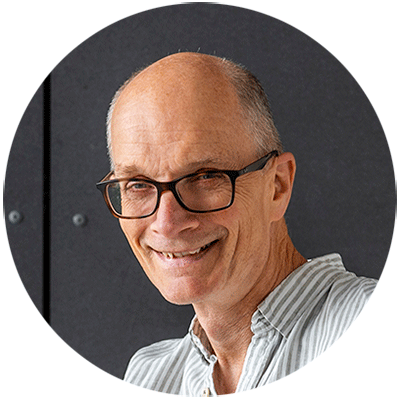
Gerry's research concerns analysis of the adversities that marginalised young people face, in particular young people experiencing poverty, young people with disability, and young carers. Taking a youth-centred approach, his research aims to show how these adversities are reflected in inequality in both everyday experiences and life chances. He has a strong interest in how these adversities can be effectively addressed by policy. In order to propose policy reforms and interventions that work for young people, he aims to amplify their perspectives not only in small scale qualitative research that is led by young people, but also in large scale analysis that aims for population representativeness. He maintains an ongoing engagement with policymakers, business and advocacy groups, and seeks to build in knowledge translation into his academic research.
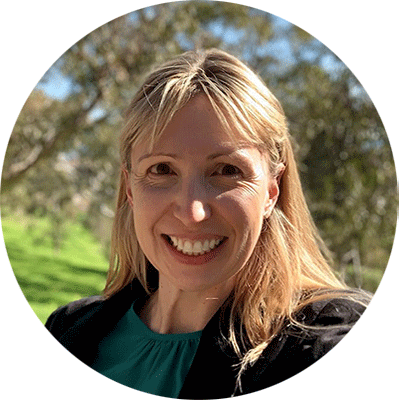
Caitlin is an Associate Professor in criminology and drug policy and Matthew Flinders Fellow at Flinders University; Visiting Fellow at the National Drug and Alcohol Research Centre, UNSW; and Vice-President of the International Society for the Study of Drug Policy. She brings extensive experience in analysing drug laws, criminal justice policies and drug markets and identifying avenues to reduce drug-related health issues and social and criminal justice harms. This work includes undertaking the first independent, academic study of the effects of the Portuguese decriminalisation of illicit drugs and explicating the drivers of and burden from rising methamphetamine use and supply in Australian regional communities. Caitlin engages extensively with government and non-government organisations including the Commonwealth Department of Health, the Australian Federal Police, NSW Police and the United Nations Development Programme and her work has contributed to many policy and practice reforms within and outside of Australia.
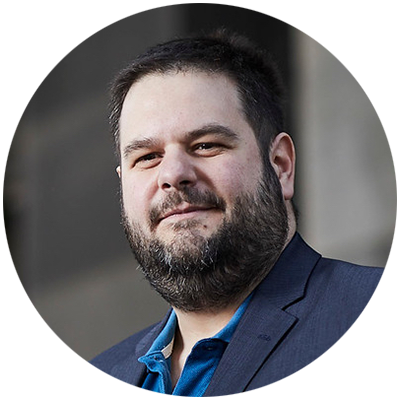
Rodrigo is Associate Professor of Politics and Public Policy in the College of Business, Government and Law. He is the Director of the Graduate Program in Public Policy and Public Management. His background is in political science with interest in comparative politics, international relations, and public policy, and particular expertise in political behaviour, decision-making, and space governance and policy. He has published extensively on the impact that elections have in advanced democracies, especially when voters make decisions in a context of low-information, looking in particular at the effects of corruption and political scandals, the political behaviour of young voters, and the representation of women. He is currently working on a large ARC-funded project in partnership with the Victoria Electoral Commission that aims to reduce the total number of invalid votes cast by citizens in state and local elections by 2024.

Ashok is a Senior Lecturer of Strategic Management in the College of Business, Government and Law. He has a background in hospitality and human resource management. His research interests cover human resource challenges in the hospitality industry, focusing on workforce diversity and related diversity management practices, migrant workers, and organisational culture. He currently leads a research program, 'Facilitating sustainable employment of people with intellectual disabilities in Hospitality SMEs: A multi-stakeholder perspective' which aims to stimulate demand for the employment of people with intellectual disabilities in the Hospitality SME sector.

Interested in finding out more on the Centre for Social Impact?
- Email the CSI Flinders team at csiflinders@flinders.edu.au
- Visit the Centre for Social Impact website.
![]()
Sturt Rd, Bedford Park
South Australia 5042
South Australia | Northern Territory
Global | Online
CRICOS Provider: 00114A TEQSA Provider ID: PRV12097 TEQSA category: Australian University

